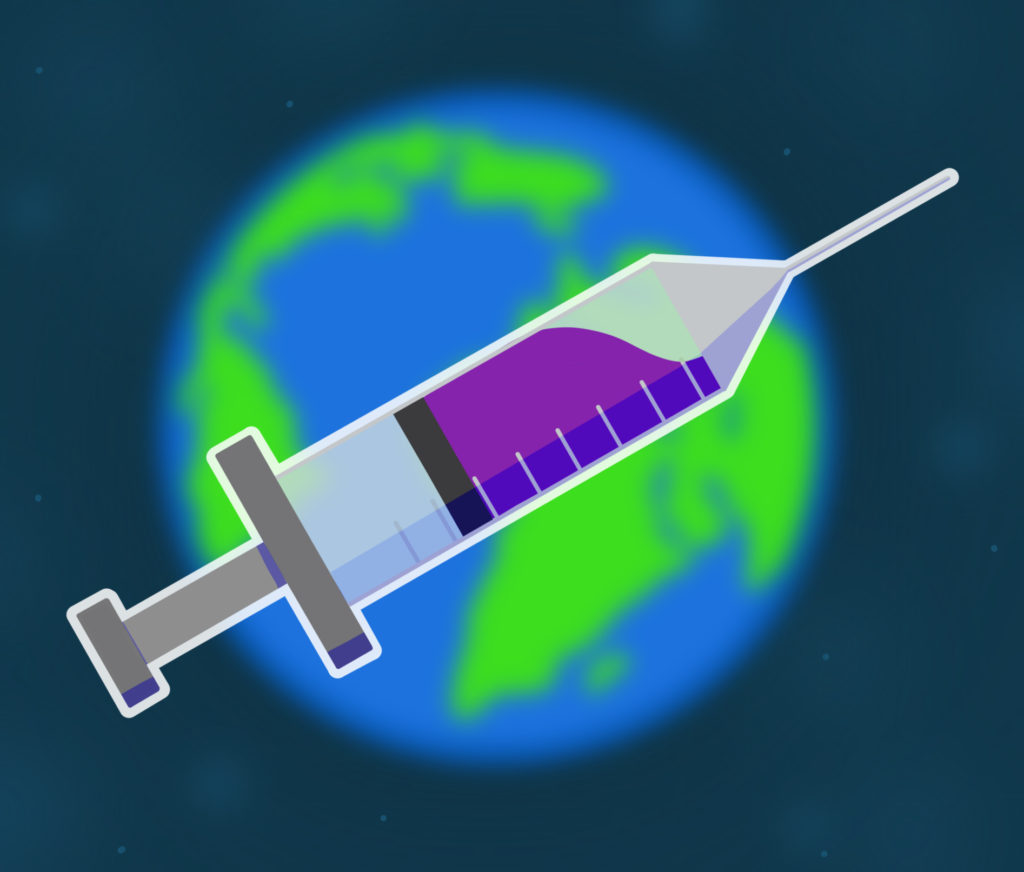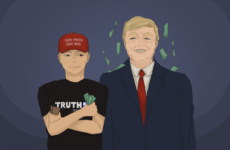Around the globe, nations are competing in one of the largest battles in history: the race for mass coronavirus vaccination. Unfortunately, as with many such contests, this one isn’t taking place on a level playing field. This race is biased toward the wealthiest countries, leaving the poor with limited access to vaccine supplies.
Our global vaccine distribution system is riddled with inequities, which are left largely unaddressed by wealthy countries who repeatedly prioritize politics over public health. Their negligence has not only slowed vaccine distribution, but it has also withheld vaccines from developing countries.
Fortunately, the international community has made some effort to allocate vaccines to poorer countries. For example, Covid-19 Vaccines Global Access (COVAX), an initiative launched by the World Health Organization and public-health non-profit Gavi, was created to distribute vaccines to lower and middle-income countries. COVAX expects to distribute 2.3 billion doses in 2021, with almost 80% going to the lowest-income countries.
Despite COVAX’s efforts to level the playing field, the initiative is not without its flaws. For instance, Canada still utilized COVAX’s vaccine supply, despite being a nation with the 17th highest gross domestic product (GDP). In doing so, Canadian Prime Minister Justin Trudeau took vaccines away from poorer countries in more precarious positions.

Graphic by Sesame Gaetsaloe /The Choate News
To achieve worldwide herd immunity, a collective, global effort is crucial. This starts with wealthier countries sharing their vaccine supply.
The complex relationship between Israel and Palestine provides another example of the disparity between rich and poor countries’ access to vaccines. As of February 1, Israel administered five million first doses of the coronavirus vaccine to its citizens and is already seeing a drop in infection rates. Yet, Israel has only provided 5,000 doses to Palestine, which has a population of almost five million. This is one Palestinian vaccinated for every 1,000 Israelis. As a comparatively wealthy country, Israel has an obligation to aid Palestine in their vaccination effort.
A report published on January 25 by the International Chamber of Commerce estimated that the loss in global GDP due to unequal access to vaccines is greater than the cost of manufacturing and distributing vaccines globally. As long as poorer countries contribute to international trade and travel, ignoring their inoculation rates will only allow the coronavirus to persist.
Ultimately, the main hurdle in the global fight against the coronavirus isn’t about producing vaccines, but about how to distribute them equitably.




